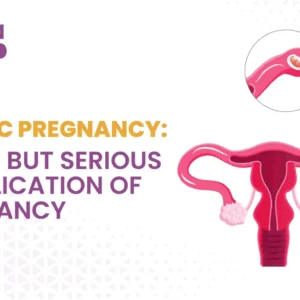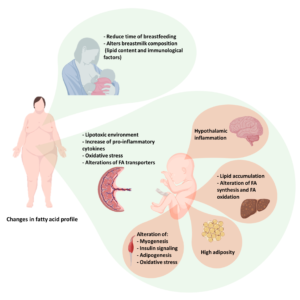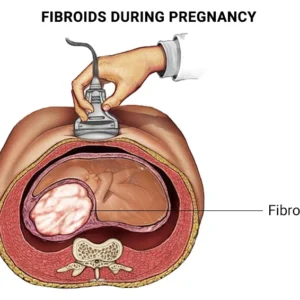Pregnancy brings with it a myriad of questions about what’s safe and what’s not. For many, one of the biggest concerns is whether it’s okay to continue enjoying that beloved daily cup of coffee. The good news is that, for most pregnant women, moderate coffee consumption is considered safe. However, it’s essential to understand the guidelines and potential risks to make informed decisions.
Understanding Caffeine and Its Effects
Caffeine, found in coffee, tea, soft drinks, chocolate, and some medications, is a stimulant that affects the central nervous system. During pregnancy, caffeine crosses the placenta and reaches your baby, who cannot metabolize it as effectively as you can. High caffeine intake has been linked to an increased risk of miscarriage, preterm birth, low birth weight, and developmental issues.
Recommended Caffeine Intake During Pregnancy
The American College of Obstetricians and Gynecologists (ACOG) advises pregnant women to limit their caffeine intake to less than 200 milligrams per day. This is approximately equivalent to one 12-ounce cup of coffee. This guideline helps minimize the risk of potential complications while still allowing you to enjoy your coffee.
Practical Tips for Managing Caffeine Intake
- Know Your Limits: Stick to the recommended 200 milligrams of caffeine per day. This means if you enjoy a cup of coffee in the morning, you should limit other sources of caffeine throughout the day.
- Be Mindful of Portion Sizes: Coffee shop servings can be larger than the standard 8-ounce cup. Check the size of your coffee cup to ensure you’re not exceeding the recommended limit.
- Opt for Decaf: If you crave the taste of coffee but want to reduce your caffeine intake, consider switching to decaffeinated coffee, which contains only about 2-5 milligrams of caffeine per cup.
- Read Labels: Caffeine is present in various products, so always read labels to track your total daily intake. This includes teas, energy drinks, and even certain types of bottled water.
- Watch for Hidden Sources: Some foods and medications may contain caffeine. For instance, chocolate and certain over-the-counter pain relievers can contribute to your daily caffeine consumption.
Listening to Your Body
Every pregnancy is unique, and while moderate caffeine consumption is considered safe for most, some women may be more sensitive to its effects. Symptoms like jitteriness, increased heart rate, or trouble sleeping can indicate that you need to cut back on caffeine. Always listen to your body and consult with your healthcare provider about your specific needs and any concerns you may have.
Alternatives to Coffee
If you decide to reduce or eliminate coffee from your diet, there are plenty of delicious and healthy alternatives to explore:
- Herbal Teas: Many herbal teas are naturally caffeine-free and can offer a soothing alternative to coffee.
- Fruit-Infused Water: Adding slices of fruit to your water can provide a refreshing and flavorful drink without any caffeine.
- Warm Milk or Milk Alternatives: A warm glass of milk or a milk alternative like almond milk can be comforting and nutritious.
Conclusion
In conclusion, moderate coffee consumption is generally safe during pregnancy, with a recommended limit of less than 200 milligrams of caffeine per day. By being mindful of your caffeine intake and making informed choices, you can enjoy your pregnancy while safeguarding your health and your baby’s development. Always consult with your healthcare provider to tailor advice to your individual circumstances and ensure the healthiest pregnancy possible.
So, go ahead and enjoy that cup of coffee, just remember to keep it moderate and mindful!






